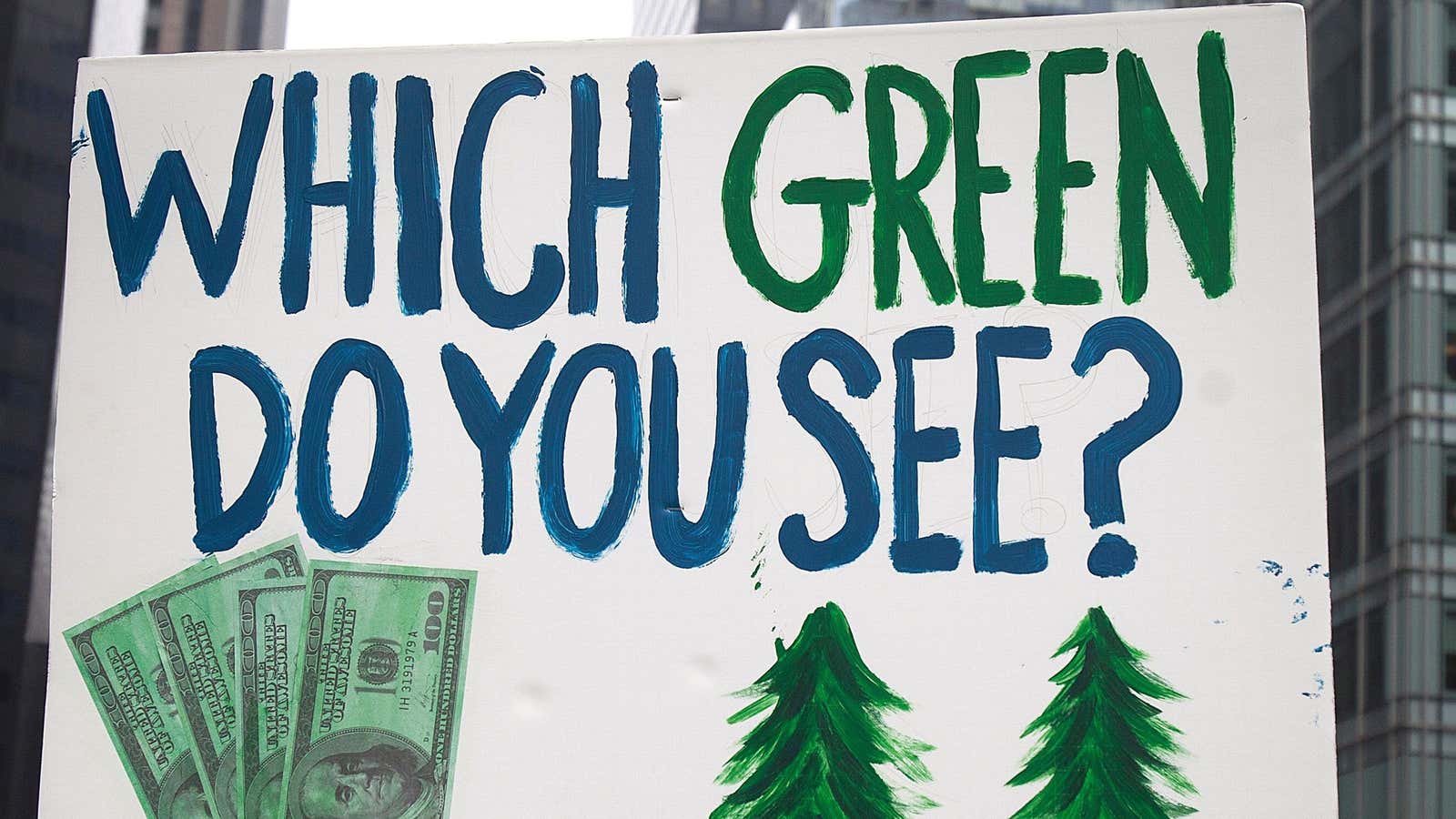It was a cold Tuesday in New York in January 2010 when the headlines started breaking. A magnitude 7.0 earthquake had catapulted Port-Au-Prince, Haiti, into utter mayhem. A hospital treating patients collapsed into shambles; tin-roof shacks on steep ravines slid straight into the ocean; the government had quite literally collapsed, shaking an already precarious infrastructure into complete devastation.
An immense humanitarian outpouring followed. A then-14-year-old Justin Bieber joined a then-83-year-old Tony Bennett alongside other famous artists of our time to record “We Are the World 25 for Haiti,” in support of Wyclef Jean’s relief charity. Sean Penn famously put his boots on the ground, organizing buses to transport displaced Haitians to humanitarian aid camps.
I remember the news coverage vividly for two reasons. First, I am Haitian-American. My family was touched by the earthquake in the most personal of ways. Second, Sylvain Labs was launched that same week. We designed the company to be a new type of firm, part management consultancy, part creative agency; a place where people wanted to come to work and felt free to be themselves. But in light of the devastation, it all felt trivial.
I was one of the few people in my field with ties to Haiti, and I knew I was in a position to do something impactful. I had always wanted to do something more purpose-driven and the timing couldn’t be a more eerie reminder.
Here is where I’d normally go on about the benefits of purpose-driven organizations. But, honestly, if I read another piece about it, I might go crazy.
I’m not here to contribute to the canon of pieces that wax philosophically about the benefits of aligning with a cause. A lot of millennials would take a pay cut to work for a company that aligns with their values. Brands with publicly stated social missions provide better returns for investors. You can do well by doing good. We get it.
The very well-documented benefits of purpose have led to a new genre of taglines, tear-jerking marketing campaigns, and corporate social responsibility programs. Fight #LikeAGirl. The Proud Whopper. Colin Kaepernick for Nike. Gillette takes on toxic masculinity. Cards Against Humanity fights the wall. Tide sends washers and dryers to areas hit by natural disasters. KFC creates “Buckets for a Cure.” Even Carrie Bradshaw came out of a 10-year retirement and forewent her classic cosmo to promote beer maker Stella Artois’ philanthropic tie-in with Water.org.
With purpose-washing reaching a fever pitch, we should revisit our real motivations
Maybe there is no such thing as a selfless act—not in an era where consuming can give us the psychological benefit of “doing good.” Why else rock that Patagonia jacket that was made to endure the most extreme elements to brave Bedford Avenue in Williamsburg?
Patagonia at least is widely admired for its ethical approach to capitalism. What about H&M’s very public effort to forward the sustainability discussion? It was recently reported that H&M annually burns its overstock, and it’s well documented that fast fashion is one of the “dirtiest” industries in the world, second only to oil. Is all H&M’s talk of sustainability appealing to its consumers’ desire to create a more sustainable future? Or is it about assuaging our guilt for buying it?
Perhaps the worst form of purpose washing is the companies that craft careful images of their brands for outsiders, but fail to live the same values internally. The health-tech brand Theranos was meant to provide transparency, clarity, and accessibility in lab blood testing, but without a working product, it fostered an internal culture of deceit, intimidation, and fraud.
As for all the efforts and the $13.5 billion raised for Haiti relief, the country remains deeply impoverished and in many ways worse off than before the earthquake. So what happened to all the money? The Haitian government has largely been condemned for mishandling the funds. Wyclef Jean’s organization, Yéle Haiti, which I personally contributed to, was implicated in an alleged fraud. In perhaps the most heart-wrenching twist, UN workers introduced cholera into the water system, infecting 700,000 Haitians. But most people who gave to the Haitian relief efforts don’t know about the cholera crisis that followed. When the cameras moved on, so did the television audiences. What happened to their sense of purpose?
The appropriation and exploitation of “purpose” is a hard truth to face. Perhaps what we should be demanding instead is commitment.
But how is commitment established and measured? Whether you’re a large corporation or a fledgling startup, and you want to make purpose a genuine part of your business, here are a few rules to live by. First, be transparent about what you can change, and how you can contribute to the situation. For instance, if you want to address the wage gap, publish exactly how much less women are making at your company than men and pledge to improve it. Second, create realistic milestones for individuals to buy into, rather than impossible end goals. Relatedly, give your employees opportunities to contribute in their own way. Third, align your KPIs with causes and consider metrics that look at impact, not just profit (we became a Certified B Corporation).
These steps won’t necessarily make a huge PR splash, but they will create a culture of responsibility throughout your organization, and it’s a start. After that, it’s crucial to be consistent; if you’re talking purpose, you better be living it, too. And it’s crucial for employees, consumers, and even investors to hold companies accountable for that.
Perhaps much like how we addressed green-washing in the early 2000s, it’s time for us to apply some rigor and standards to how we allow brands to talk about purpose—and to how we encourage them to move beyond just talk.
Alain Sylvain is founder and CEO of Sylvain Labs, a strategy and design consultancy and Certified B Corporation headquartered in New York. Find him on Instagram here.
